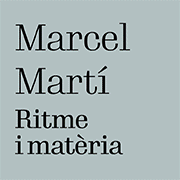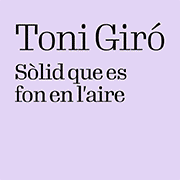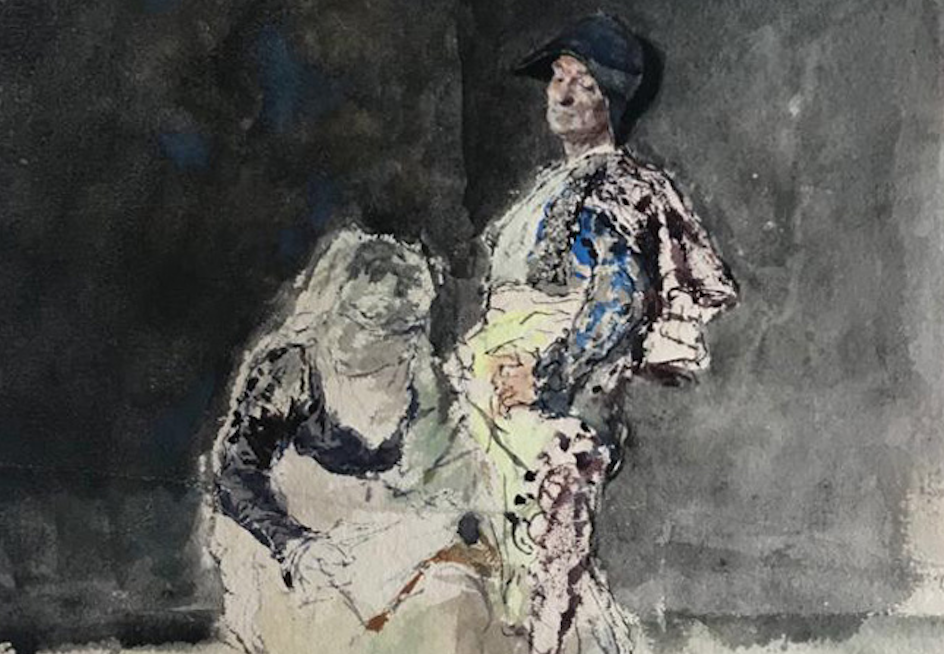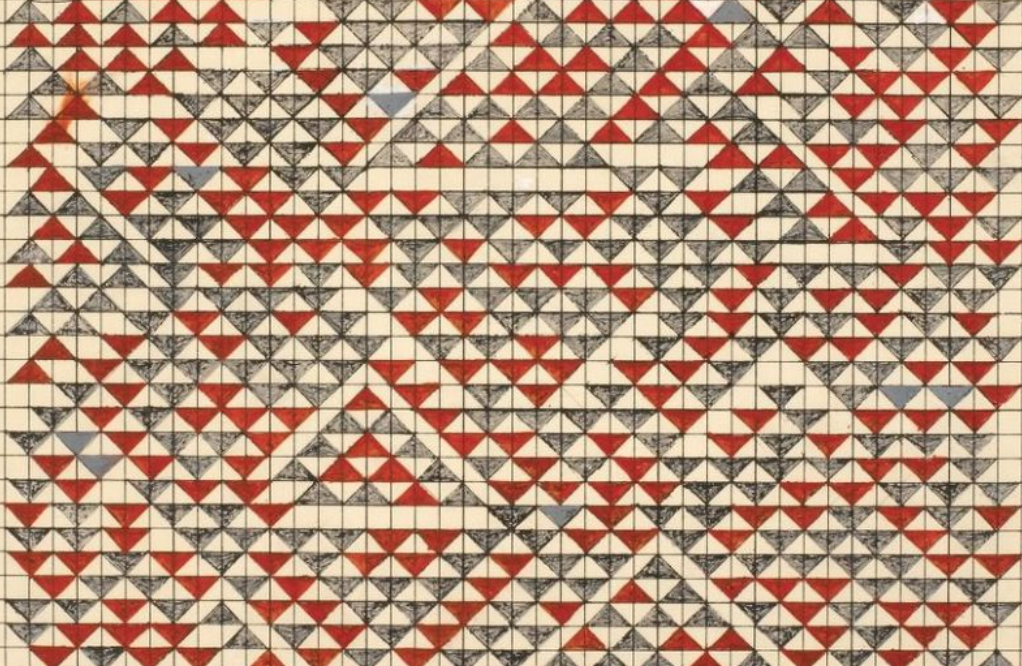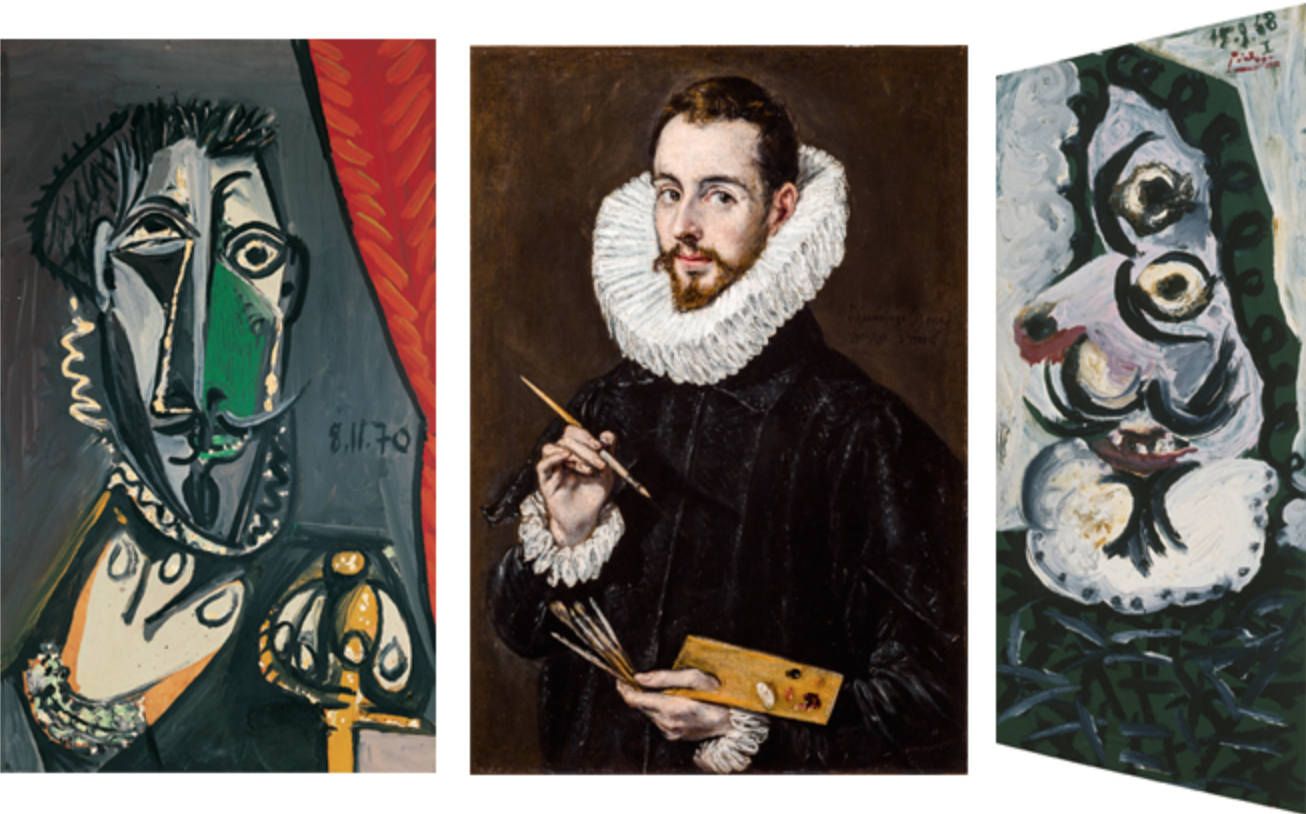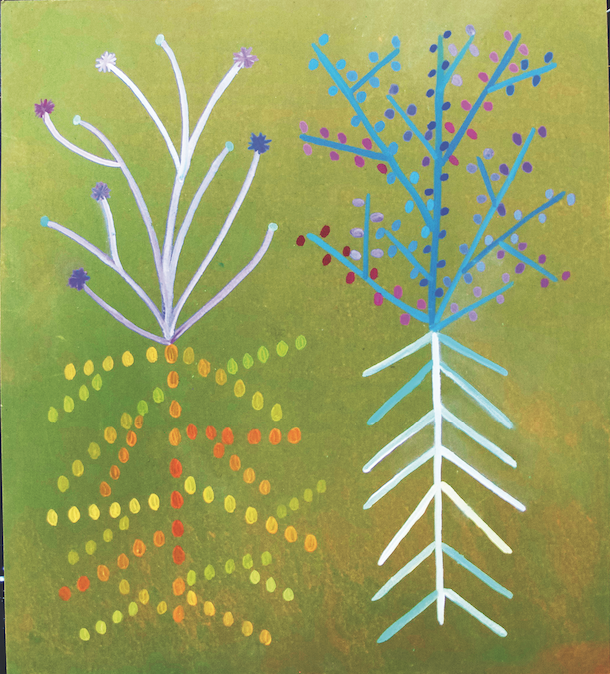
Following a conversation with his friend and philosopher David Armengou in a park in Berlin surrounded by autumn light, about art, nature, being, pain, death, resilience, regrowth, is where the ideas of this text were cooked.
There is a time in the cosmic cycle to which the nature of our planet is subjected in which there is a confrontation with non-being. It is a cease to exist, as a latent organism. The creature is suspended and somehow begins to recharge its batteries. What characterizes being in nature is persistence. The non-being gives way to a lethargic sleep: a descent into the night.
All universal mythologies describe this moment as a descent ad inferos, a descent into the underworld. Just as Persephone, the goddess of fertility, is kidnapped by Hades, the god of hell, causing the world to become a desert. It is only with the return of the kidnapped daughter to the world of light that the natural order can be restored. An agreement between the gods established that Persephone could spend six months in the world of the living (spring and summer) and the other half of the year in the world of the dead (autumn and winter). It is interesting to note how all archaic religions develop from cults to the fertility of nature. And that its resurgence necessarily implies a confrontation with the night of being. Understood this as a period of silence and stillness.
When life returns, after a traumatic event, a balance is established that we call resilience. Psychological resilience is the ability of a person to resist the adversities of life and to develop a process toward existential fullness. Resilience is the resurgence of human life.
After the great catastrophes that humanity has suffered, be they natural (epidemics, earthquakes, etc.) or cultural (wars, economic crises, etc.), there have been great periods of evolution and explosions of creativity. Creativity plays a key role in the resilient process. Since the human capacity for creation makes possible an acceptance of suffering and operates a transformation in the individual. Through intellectual elaboration, whether artistic or scientific, one acquires a distance from pain, an understanding of suffering and, most importantly, a sense for continuing to live. Re-sprouting, whether human or vegetable, therefore requires a retreat in itself, a confrontation with the non-being. The trees lose their leaves in the fall and their growth stops or slows down. This retreat protects them from damage caused by harsh weather conditions. Human introspective lethargy or periods of mourning have a restorative effect, while strengthening us in the face of life's tragedies.
The human spirit is always able to find new strategies, to imagine new stars in the dark, to invent new colors and flowers in winter.


